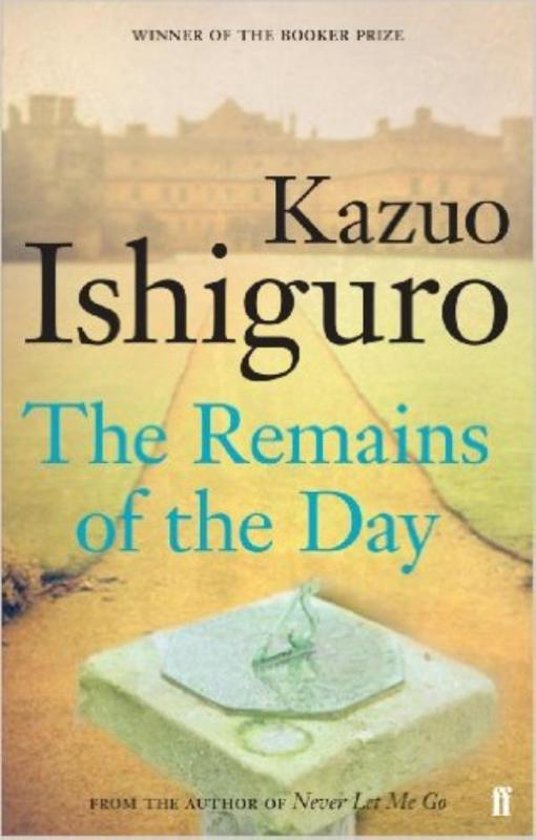
Ishiguro's narrators are emotionally repressed and attempt to reconstruct their personal histories when telling their life stories by engaging with myriad critical interpretations, I explore the difference between how the narrators view and interpret a variety of instances and how the reader receives such information. Despite these controversial issues serving as the backdrop to Ishiguro's fiction, I argue here that the focus on the individual is a more pressing concern: how individuals implement a variety of coping strategies to combat traumatic experiences. Both An Artist of the Floating World and The Remains of the Day are stories that involve the narrator reflecting on his role in World War Two, whereas Never Let Me Go explores the ethical implications of cloning and genetic engineering.

The ethical dimension is relevant to the contextual circumstances surrounding each text. The main arguments I present are that each of Ishiguro's narrators are unreliable due to the suppression of painful memories relating to their past. Each subsequent chapter builds upon the ideas explored in the previous one, allowing me to provide links across Ishiguro's texts as the dissertation progresses. The main body of the dissertation is separated into three distinct chapters, one on each of the three novels. The introduction to this dissertation provides an outline of how these key themes are significant to the reader's understanding of the novels and offers an insight into reader-response theory, to which my understanding of the texts is indebted.

I discuss the themes of memory, unreliability and ethics in relation to the three texts. The following dissertation focuses on An Artist of the Floating World, The Remains of the Day and Never Let Me Go by Kazuo Ishiguro.


 0 kommentar(er)
0 kommentar(er)
